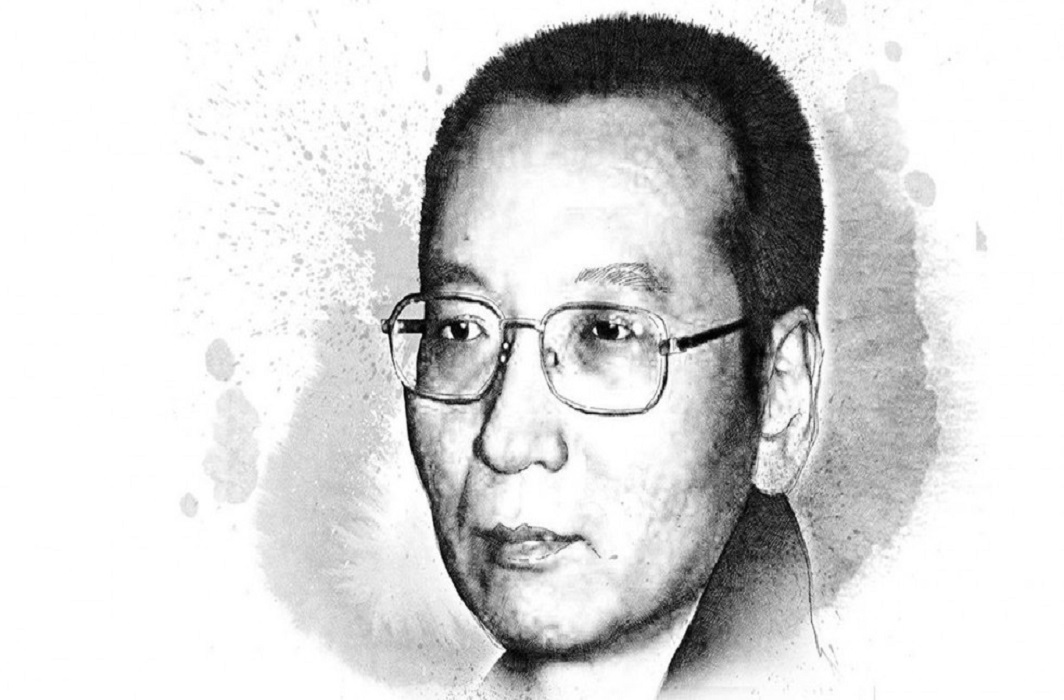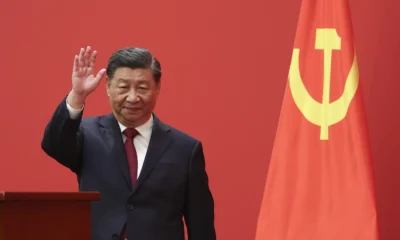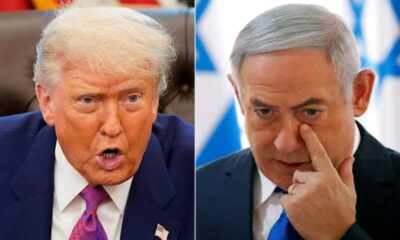Latest world news
Liu Xiaobo, Chinese rights activists and Nobel laureate, dies

Latest world news
India studying implications after US Supreme Court strikes down Trump’s global tariffs
India said it is studying the implications of a US Supreme Court ruling that struck down Donald Trump’s sweeping tariffs, even as a new 10% global duty has been announced under an alternate law.
Latest world news
PM Modi meets Sri Lankan President Dissanayake at AI summit, reviews connectivity agenda
PM Modi and Sri Lankan President Anura Kumara Dissanayake reviewed connectivity, AI cooperation and regional stability during talks at the AI Impact Summit in New Delhi.
Latest world news
Trump signs 10% global tariffs after US Supreme Court setback
Donald Trump has signed a new 10% global tariff order after the US Supreme Court struck down much of his earlier sweeping import duties
-

 Latest world news20 hours ago
Latest world news20 hours agoTrump signs 10% global tariffs after US Supreme Court setback
-

 Latest world news19 hours ago
Latest world news19 hours agoPM Modi meets Sri Lankan President Dissanayake at AI summit, reviews connectivity agenda
-

 India News19 hours ago
India News19 hours agoRSS not seeking political power, focused on uniting Hindu society, says Mohan Bhagwat
-

 Latest world news10 hours ago
Latest world news10 hours agoIndia studying implications after US Supreme Court strikes down Trump’s global tariffs













